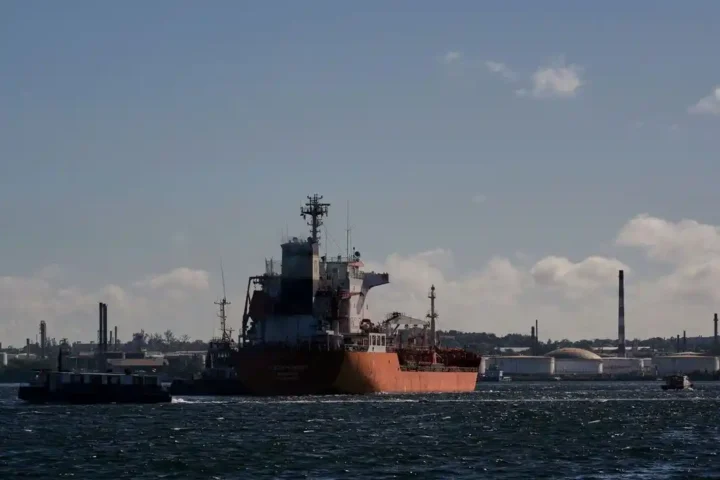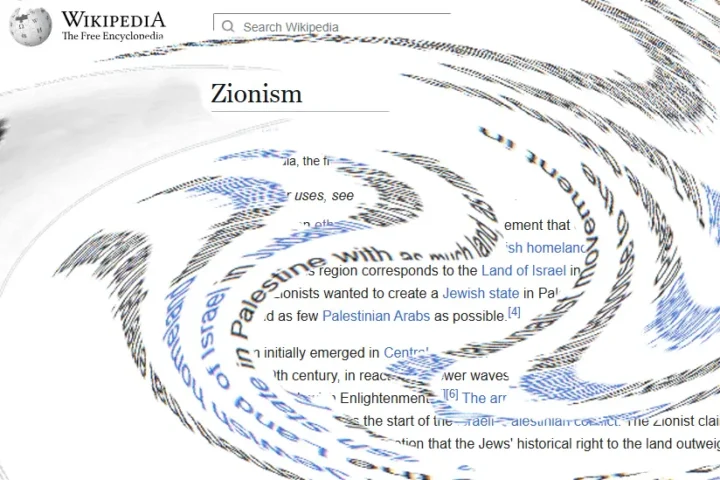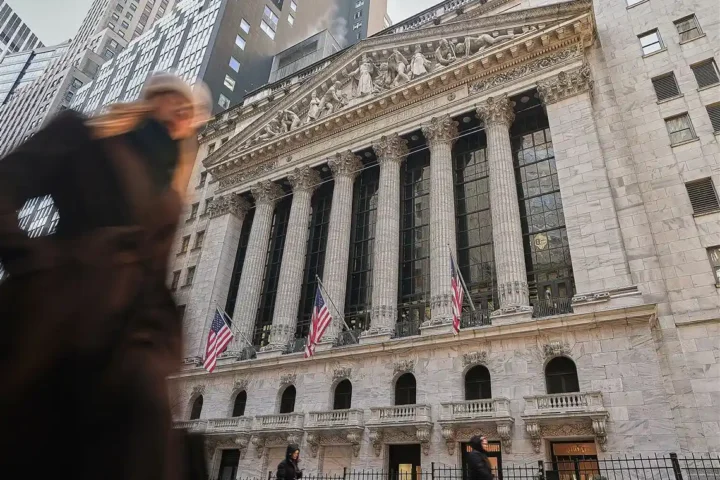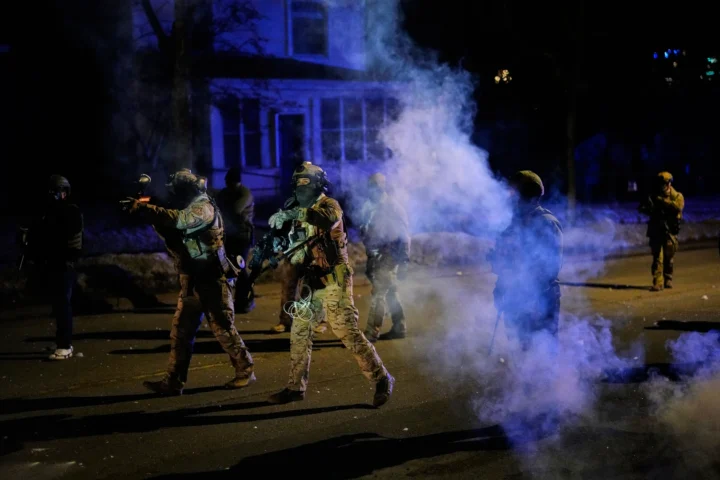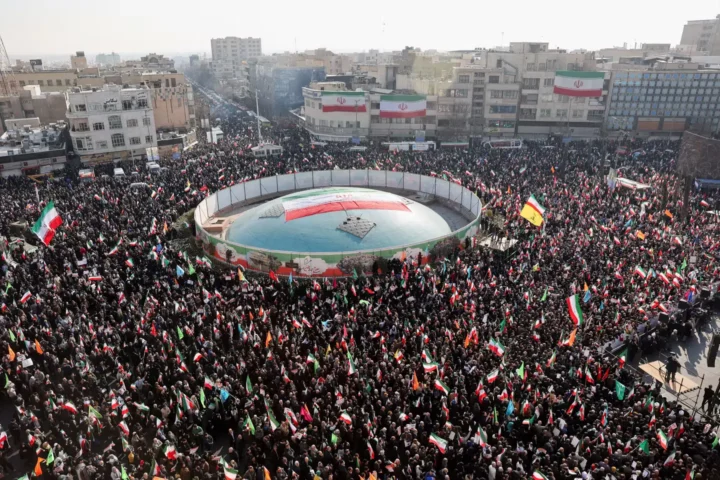In the aftermath of France’s snap legislative elections, the political landscape has taken a dramatic turn, signaling both resilience and uncertainty. The rise and tactical setback of Marine Le Pen’s National Rally have ignited debates about the future direction of French politics and its implications for Europe.
Just weeks ago, the National Rally surged to a formidable lead in the initial election rounds, reflecting a growing sentiment among voters disenchanted with traditional political norms. However, strategic alliances on the left and center reshaped the final outcomes, leaving the National Rally with a significant but reduced share of parliamentary seats. This outcome underscores a strategic victory for the “Republican Front,” reminiscent of past elections where French unity against far-right ideologies prevailed.
Yet, this does not diminish the National Rally’s ascendance. Despite falling short of its ambitious goals, the party secured its highest-ever parliamentary representation, a stark contrast to its modest presence just five years ago. This growth underscores a deeper societal shift and demands a nuanced understanding beyond mere electoral arithmetic.
The emergence of the left-wing New Popular Front (NPF), with its diverse coalition of progressives, promises a new chapter in French governance. Led by figures like Jean-Luc Mélenchon, the NPF advocates for a robust agenda of social reforms, challenging the status quo with proposals ranging from economic redistribution to assertive foreign policies.
Amidst this political flux, President Emmanuel Macron faces a pivotal moment. His tenure has been defined by bold reforms and a proactive stance in European affairs, yet the shifting parliamentary dynamics now require recalibration. With no clear majority in sight, Macron must navigate a fractured political landscape, where compromise and coalition-building become imperative.
WATCH: Here is my report from Paris, France, on election night when massive riots erupted after leftist supporters gathered at Place de la République.
— Alexandra Lavoie (@ThevoiceAlexa) July 11, 2024
Crazy footage—don't miss it!
Support my work at https://t.co/ikWHGQgXxupic.twitter.com/yl9MbZGxAa
The implications extend beyond France’s borders, affecting its role in crucial European decisions. Macron’s ability to influence EU policies, from economic recovery measures to security strategies, now hinges on fragile parliamentary alliances. This new reality could potentially reshape France’s stance on international issues, from Ukraine’s conflict to fiscal policies within the European Union.
Looking ahead, the challenge for France lies in balancing domestic aspirations with international obligations. The trajectory of Macron’s leadership will be pivotal in determining whether France can maintain its pivotal role in European affairs or risks losing ground amidst internal discord.
As France prepares for the next chapter in its political narrative, one thing remains clear: the echoes of these elections will reverberate far beyond its borders. They serve as a testament to the evolving dynamics of democracy and the enduring quest for political legitimacy in an increasingly complex world. The choices made today will shape not only the future of France but also its place in a rapidly changing global order.


